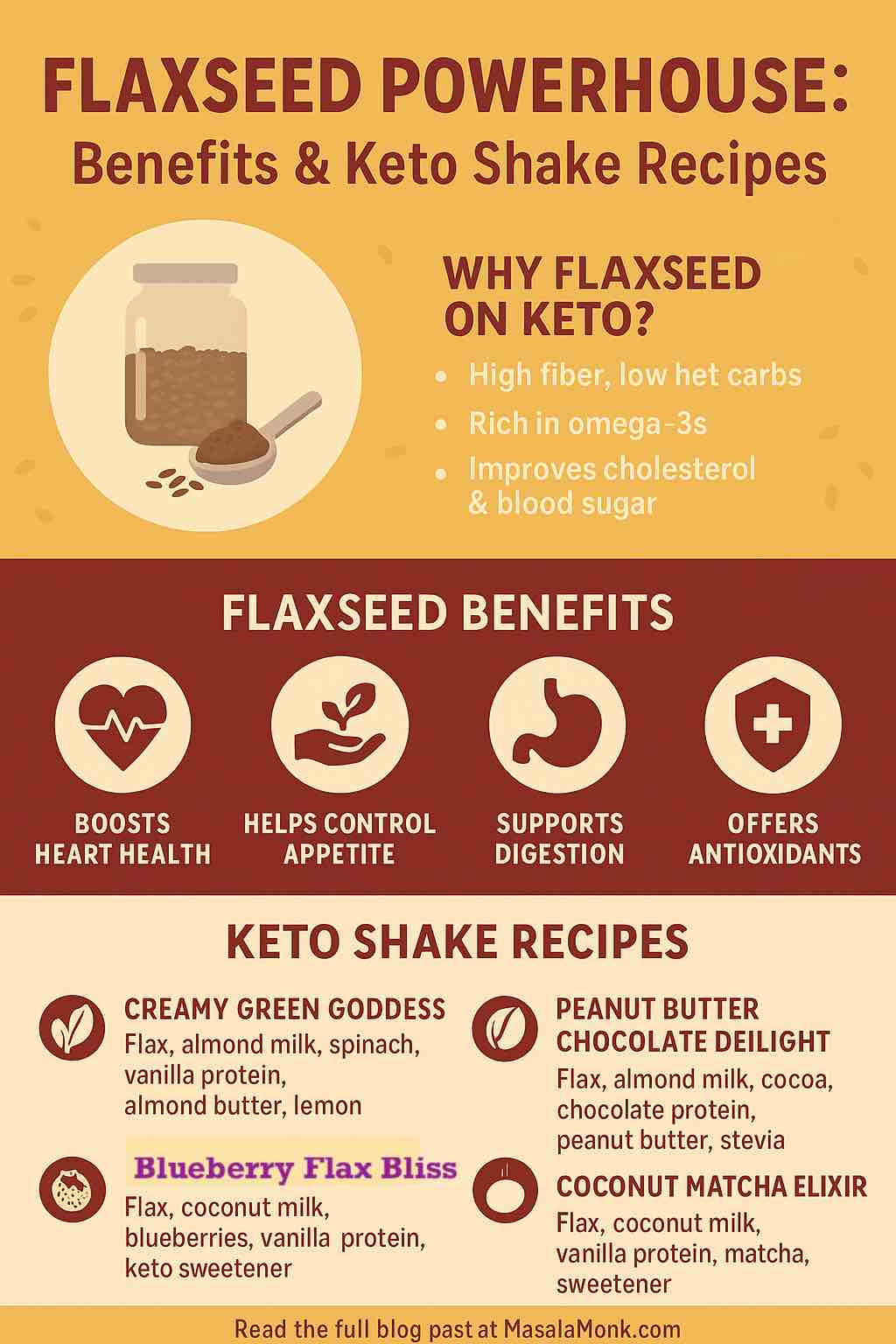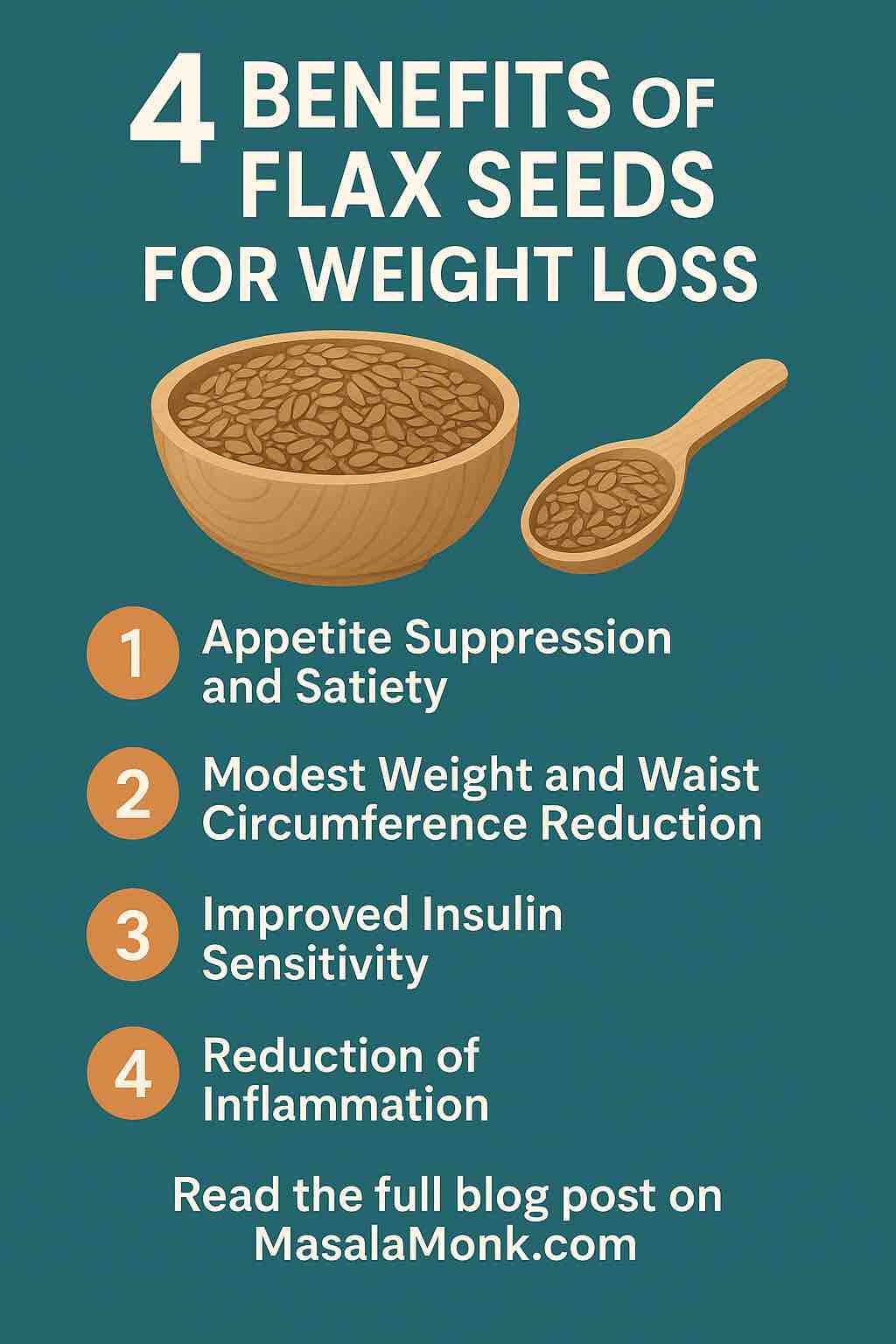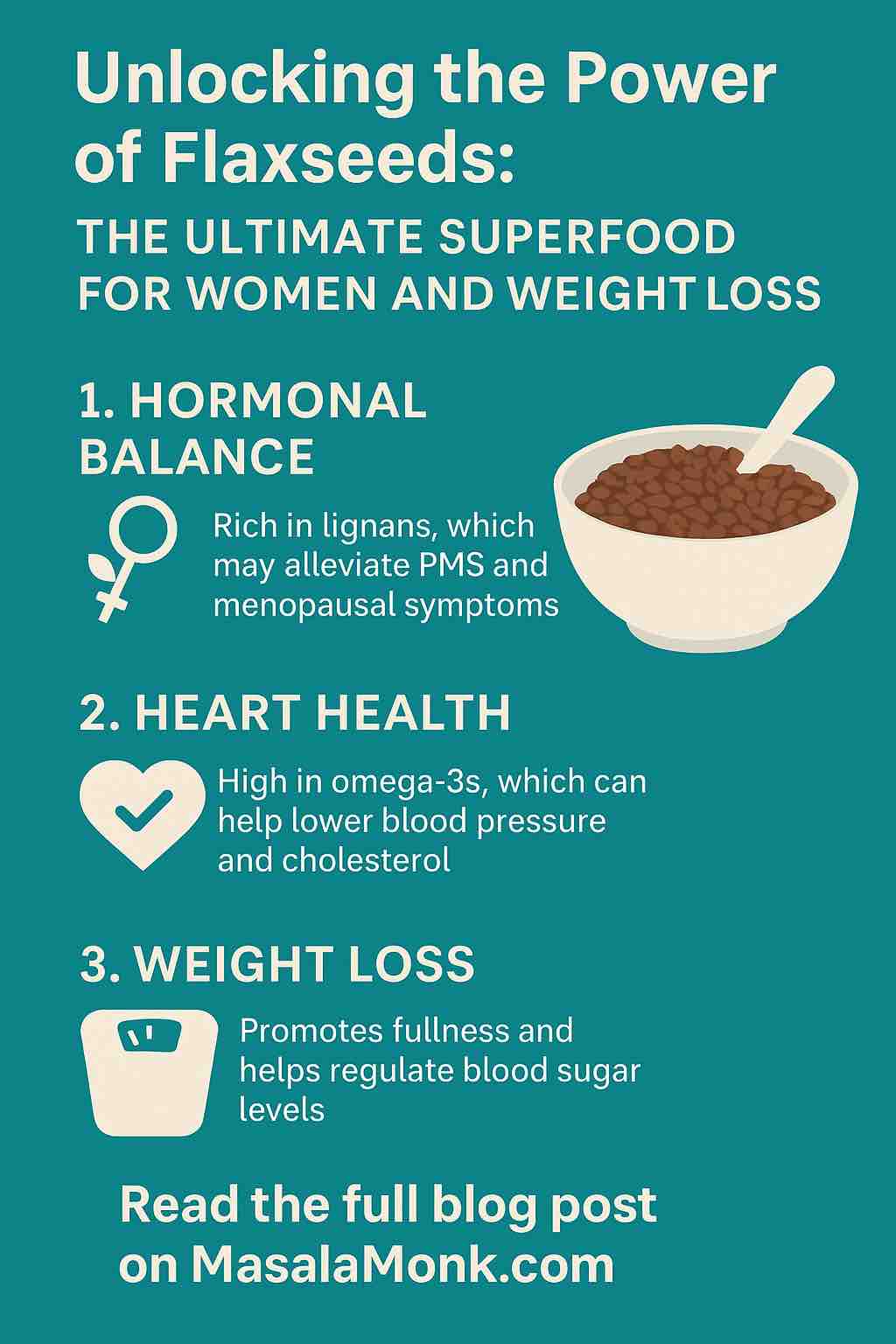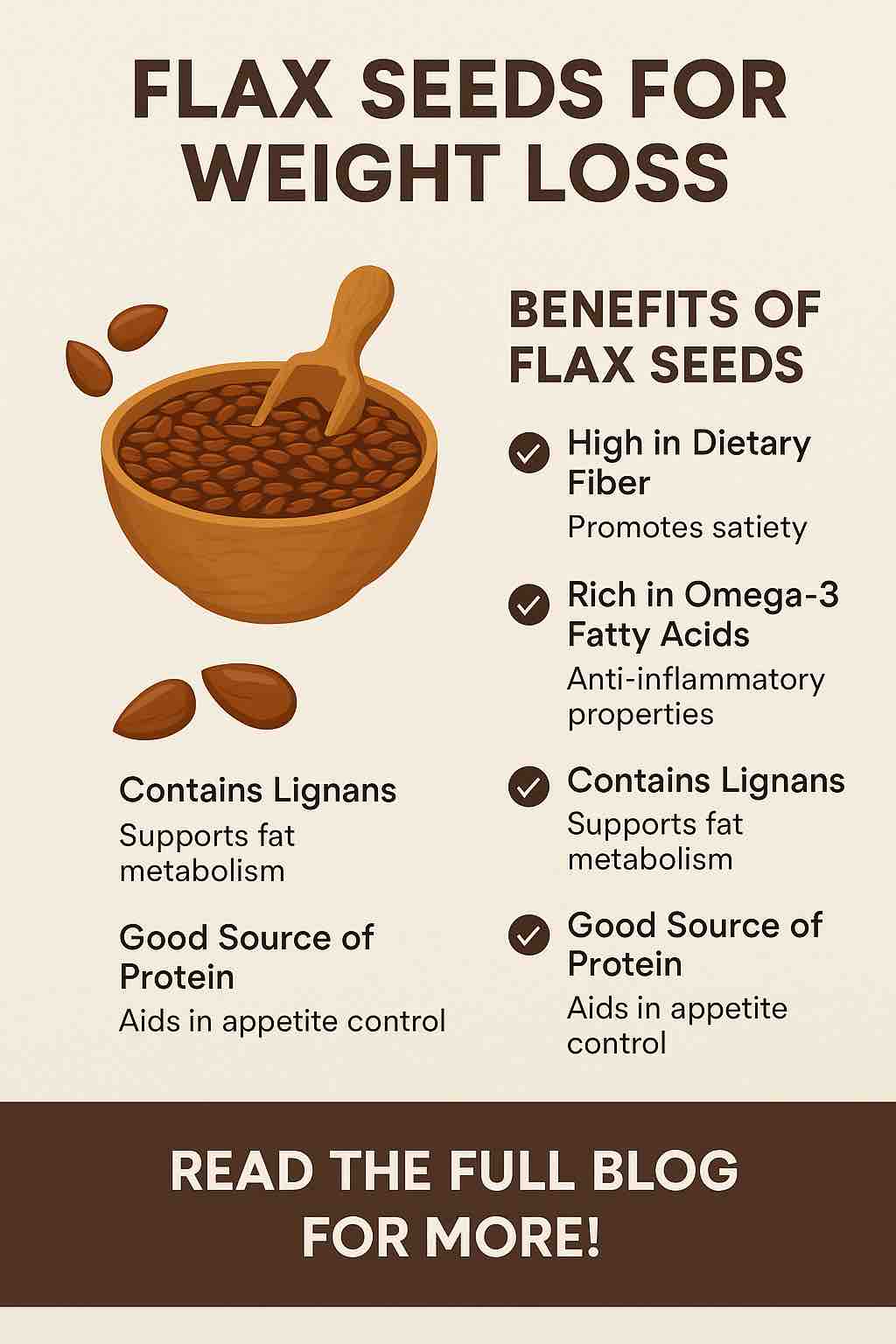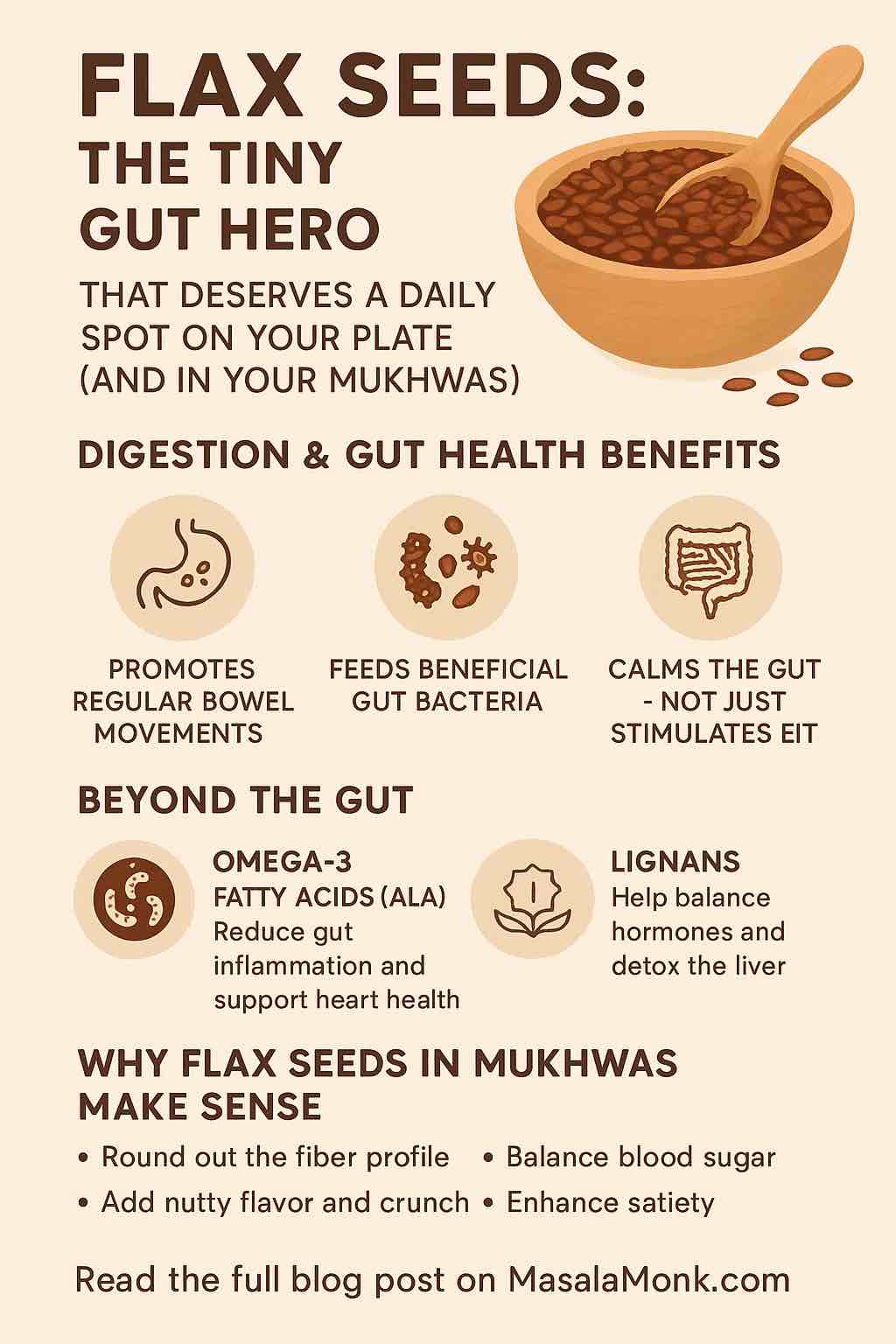
In the age of wellness trends and gut health hacks, there’s one humble seed that’s been quietly doing the heavy lifting for centuries: flax seeds.
They’re not glamorous. They don’t trend on Instagram. But when it comes to digestion, metabolism, immunity, and daily comfort, flax seeds might just be the most important thing you’re not eating enough of.
Let’s take a deep dive into why flax seeds deserve a regular spot in your diet — and how their inclusion in something as unassuming as a Digestive Mukhwas makes so much sense.
🌱 What Are Flax Seeds, Really?
Flax seeds — known scientifically as Linum usitatissimum — are small, oval-shaped seeds that come in golden or brown varieties. Despite their size, they are nutritional giants. Packed with omega-3 fatty acids, soluble and insoluble fiber, lignans, and a range of essential nutrients, flax seeds offer benefits that go far beyond just digestion.
Historically, they were cultivated as early as 3000 BC in Babylon and were used for both culinary and medicinal purposes in ancient Egypt, Greece, and India. Ayurveda refers to flax as “Alasi” and recommends it for improving digestion, balancing Vata, and reducing internal dryness.
🌿 Flax Seeds and Digestion: What Makes Them So Effective?
1. They Help You Poop — Consistently, and Gently
Flax seeds contain both soluble and insoluble fiber. Soluble fiber forms a gel-like substance when mixed with water, which softens the stool and makes it easier to pass. Insoluble fiber adds bulk, stimulating the intestines and helping waste move efficiently through the colon.
This dual-action means flax can both prevent constipation and reduce urgency — making them ideal for people with irregular digestion.
📚 A 2022 meta-analysis published in Nutrients confirmed that daily flaxseed consumption improves stool frequency and consistency, especially in individuals with chronic constipation.
2. They Feed Your Good Gut Bacteria
The soluble fiber in flax seeds acts as a prebiotic, feeding the beneficial microbes in your gut. These microbes play a huge role in everything from immunity and metabolism to brain function and mood.
📚 Studies in the Journal of Functional Foods have shown that flaxseed supplementation improves gut microbial diversity and helps reduce gut inflammation.
3. They Calm the Gut — Not Just Stimulate It
Unlike harsh laxatives or high-stimulation herbal blends, flax seeds offer a soothing, lubricating effect. This makes them ideal for people with:
- IBS (Irritable Bowel Syndrome)
- Hemorrhoids
- Post-surgical or elderly digestive challenges
When lightly roasted (as in a Mukhwas), they also become more digestible and flavorful.
🧠 The Nutrient Bonus: Beyond the Gut
What makes flax seeds even more impressive is that their benefits aren’t limited to the digestive tract.
✨ Omega‑3 Fatty Acids (ALA)
Flax is the richest plant-based source of Alpha-Linolenic Acid (ALA) — an essential omega-3 fat known to:
- Reduce gut and systemic inflammation
- Support skin, brain, and heart health
- Improve insulin sensitivity
📚 The American Journal of Clinical Nutrition found that ALA from flax seeds reduced markers of inflammation by over 25% in participants with metabolic syndrome.
✨ Lignans
Flax seeds contain up to 800 times more lignans than other plant foods. Lignans are antioxidant-rich phytoestrogens that support:
- Hormonal balance (especially during PMS or menopause)
- Breast and prostate health
- Detoxification via the liver
🥣 How to Use Flax Seeds for Digestion
✅ 1. Always Crush or Grind Them
Whole flax seeds often pass through the digestive tract intact. For maximum absorption of nutrients, they should be ground fresh before use. You can use:
- A spice grinder
- Coffee grinder
- Mortar and pestle
Pre-ground flax meal is convenient but loses potency quickly if not stored properly (in the fridge or freezer).
✅ 2. Start Slow, Increase Gradually
Fiber is your friend — but only when introduced gently.
- Start with 1 tsp/day, and slowly increase to 1–2 tbsp/day.
- Drink plenty of water to prevent bloating or blockage.
✅ 3. Use Them Anywhere
Flax is extremely versatile:
- Mix into warm water with lemon
- Add to smoothies, porridge, yogurt, or soups
- Stir into atta (dough) for rotis or parathas
- Use as a vegan egg replacer in baking (1 tbsp flax + 2.5 tbsp water = 1 egg)
🧂 Why Flax Seeds in Mukhwas Make So Much Sense
In India, Digestive Mukhwas is a ritual — a spoonful of roasted seeds after meals to freshen breath and aid digestion. What’s clever about adding flax seeds to the mix?
- They round out the fiber profile, alongside fennel, coriander, and sesame
- Their mild nuttiness and crunch make the blend more satisfying
- They work as a slow-digesting, metabolic balancer post-meal
- They enhance satiety, curbing the need for dessert or extra snacks
Digestive Mukhwas available on MasalaMonk, includes 43% flax seeds — the highest among all ingredients — lightly roasted and combined with salt, turmeric, mango seed, and other classic elements for optimal taste and gut health.
🛒 Want to Try It Without DIY?
Sure, you can make your own mix at home — but if you want the convenience of a pre-roasted, well-balanced blend, try:
👉 Digestive Mukhwas (Pack of 2) from MasalaMonk
It’s sugar-free, preservative-free, and built around functional Ayurvedic principles — not artificial flavorings.
🧭 Final Thoughts: Big Results from Small Seeds
In the race for superfoods and digestive aids, flax seeds don’t need to shout. They just work.
They quietly lubricate your gut, balance your hormones, lower your inflammation, and keep you regular — all while adding texture, crunch, and real satisfaction to your meals.
Whether you blend your own or grab a spoonful from a ready-made Mukhwas, adding flax seeds to your life is one of the most low-effort, high-impact health moves you can make.
✅ 10 FAQs – Flax Seeds for Digestion & Wellness
- Can I eat flax seeds raw, or do they need to be roasted or cooked?
You can eat them raw, but roasting lightly enhances flavor and digestibility. Always grind them before use to absorb their nutrients properly. - What’s the best time to consume flax seeds for digestion?
Post-meal or first thing in the morning works well. They help with bowel regularity and post-meal satiety. - Should I use golden or brown flax seeds?
Both offer similar nutritional profiles. Brown is slightly nuttier, while golden is milder in flavor. Choose based on taste preference or availability. - Can I consume flax seeds daily?
Yes. 1–2 tablespoons daily is generally safe and beneficial. Start slow and increase gradually while staying hydrated. - Are flax seeds safe during pregnancy or breastfeeding?
In small dietary amounts (1–2 tsp/day), yes. However, due to their phytoestrogen content, consult your healthcare provider before regular use in higher doses. - Do flax seeds cause bloating or gas?
If introduced too quickly or without adequate water, yes. Start with a small dose and increase gradually with plenty of fluids. - Can I take flax seeds if I have IBS or sensitive digestion?
Yes, but start slow. Ground flax is usually gentler than whole or raw seeds. Avoid if seeds worsen your symptoms. - Is flax better ground or whole?
Ground flax seeds are best. Whole seeds often pass through undigested and don’t release nutrients effectively. - Can flax seeds help with weight loss?
Yes. Their fiber and fat content help increase satiety, reduce overeating, and support a healthy metabolism. - Is there a convenient way to consume flax without grinding it myself?
Yes. You can use ready-made blends like the Digestive Mukhwas from MasalaMonk, which includes roasted flax seeds in a digestion-supporting formula.

